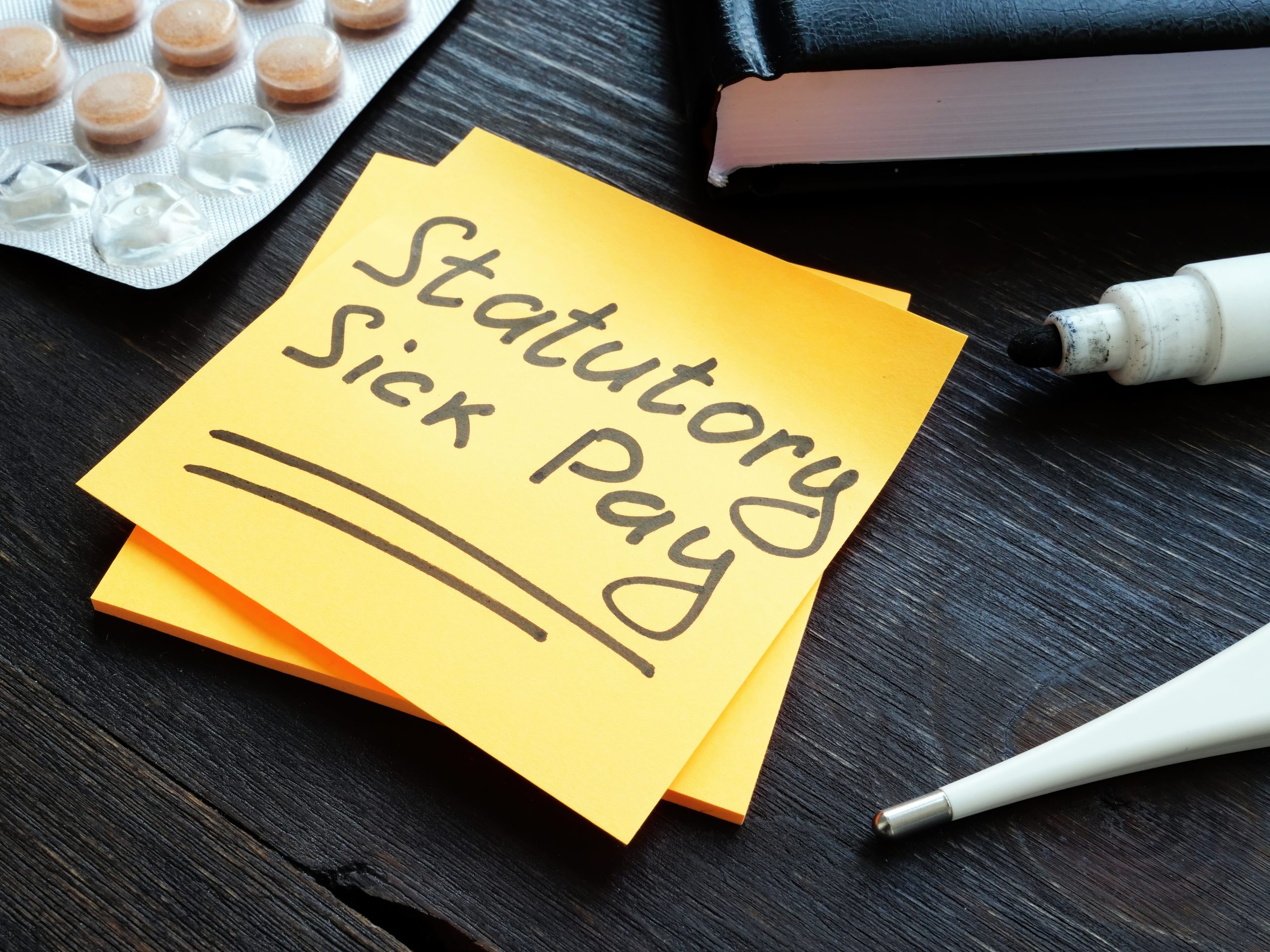The impact on SMEs
While the goal of improving worker protection is welcome, for SMEs the reforms may bring a series of practical challenges:
1. Higher Short-Term Sickness Costs
- SMEs will see an increase in payroll costs, particularly for casual, part-time or lower-paid staff who were previously ineligible.
- Businesses may face more frequent short-term sickness absences as workers feel more financially secure in taking time off.
2. Payroll and System Changes
- Payroll software and manual calculations will need to be adjusted to ensure SSP kicks in from day one of absence.
- Time and attendance systems may need updating to automatically record sick pay entitlements for all workers, regardless of earnings.
3. Increased Risk of Non-Compliance
- Failure to pay SSP correctly could lead to penalties, potential tribunal claims, and damage to your reputation as a fair employer.
- SMEs without internal HR or finance teams may be more exposed to payroll errors and non-compliance.






